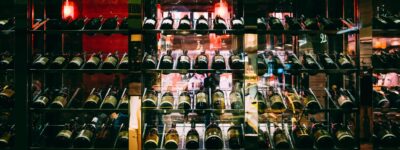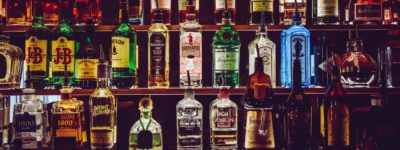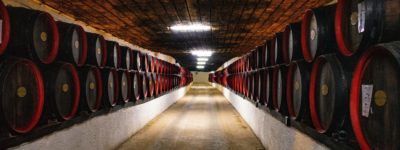The Sale and Supply of Alcohol (Sales on Anzac Day Morning, Good Friday, Easter Sunday, and Christmas Day) Amendment Bill (introduced by Labour MP, Kieran McAnulty) has been drawn from the ballot. The Bill seeks to repeal rules that limit the sale of alcohol on public holidays.
Special alcohol licence for events
As the end of the year looms, planning for Christmas-themed workplace functions and events also begins. Many of these events will escape alcohol licensing requirements, typically because the event is private, small-scale and because alcohol is being supplied at no charge (or guests are bringing their own).
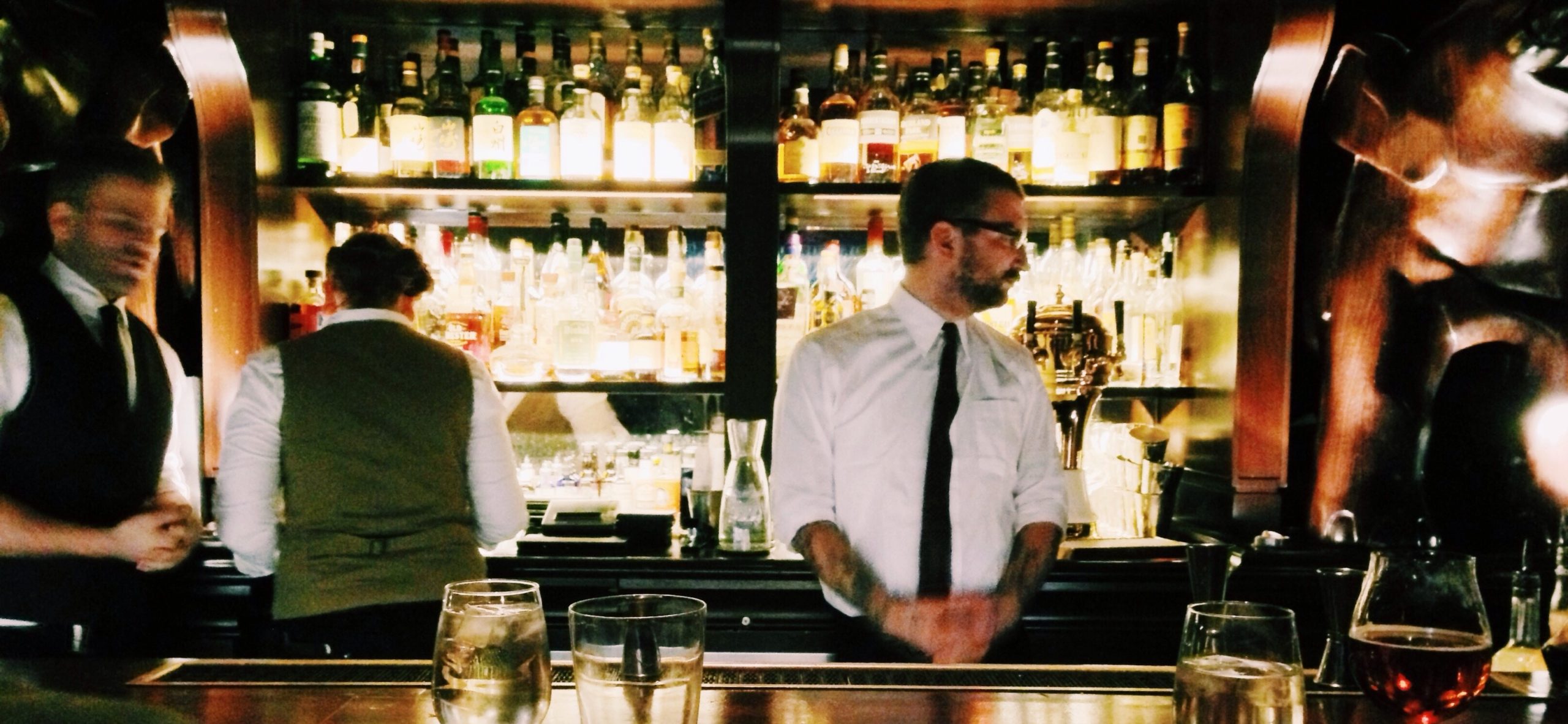
However, if you are selling alcohol at an event, or providing alcohol at no charge but charging guests an entry fee or donation, you will require a special licence. Examples of events which generally require special licences are sporting events, concerts, farmers’ markets and fairs, and any private gatherings where alcohol is being sold or supplied for a fee or donation.
Are you a responsible host?
Even if your event does not require a special licence, it is important that alcohol is supplied safely and responsibly. Workplace-specific events present their own particular set of problems, as alcohol-fuelled behaviour can quickly become inappropriate and can lead to a range of legal consequences which an employer will be required to address.
You can avoid problems by making sure that your guests have alternatives to alcohol, such as low-alcohol beverages and alcohol-free drinks like juices and soft drinks. We know that intoxication is accelerated in people who have not eaten, so make sure that a good range of substantial food options (and not just chips and nuts) is available. Finally, if you are an employer, turn your mind to how people will get home after the event, and whether you can help by arranging alternative transport beforehand.
According to New Zealand’s Health Promotion Agency, just over 20% of all full-time salary or wage earners have a hazardous drinking pattern. This means that, in a hypothetical organisation with 50 full-time staff, around 10 will be so-called hazardous drinkers. These numbers account for the 392,800 work days which are estimated as being lost every year because thousands of Kiwis take the day after off as a consequence of their drinking.
The numbers are alarming, and employers should take their responsibilities as hosts seriously when supplying alcohol at events they are running, particularly if those events are taking place on work premises. Remember, conduct at these events can quickly become a workplace issue in an employment sense, never mind the potential health and safety liability an employer may face for not taking reasonably practicable steps to avoid alcohol-related injuries.
Special licences
If you need a licence, you will need to get your application in quickly. For events between 20 December 2019 and 16 January 2020, most councils will require applications to be filed no later than 21 November 2019. If your application falls outside of that timeframe, you will need to tell the relevant district licensing committee (DLC) why. Unforeseen events will often mean that your late application can still be accepted, but delays without any good reason will result in your application being declined with no refund given.
The Sale and Supply of Alcohol Act 2012 (Act) has introduced two different types of special licence: the on-site special licence and the off-site special licence. The type of licence your event requires will depend on when (and where) guests are consuming alcohol. If guests are consuming alcohol at the event itself, an on-site special licence is required. However, if guests are being supplied alcohol which they will consume elsewhere, an off-site special licence is necessary.
Once you have worked out which type of special licence your event requires, you need to apply to the DLC (which is located at the district council). All DLCs have their own unique application forms, so make sure you check online or at a customer service centre to pick up the latest version. Remember also that completing the application form is not always straightforward.
Is it an ‘event’ or just an extension of ‘business as usual’?
If you already have an alcohol licence and are looking to host an event on your own licensed premises, the DLC will consider whether the event is bona fide or whether it is just an extension of business as usual but with potentially friendlier conditions around hours or licensed areas. This is a tricky area of law, and we always recommend an applicant in this situation obtains specialised advice.
The law now specifically prohibits a special licence being issued in circumstances where it would be more appropriate for an on-, off- or club licence to be issued instead, or where it would be more appropriate for a licensee to formally vary an existing licence (s 41). In a nutshell, this means that a special licence cannot be used as a substitute (but on more generous terms) for either an existing licence or the requirement to obtain a new licence.
“Event” is defined in the Act to include “…an occasion and a gathering, and any series of events” (s 5). Case law has evolved to a point where the expectation is that an applicant for a special licence can articulate the nature and date of any event or series of events as part of the application process (Re New Zealand Police LLA 454/94). This is required so the relevant DLC can establish whether the application merely expands upon business as usual or is instead a bona fide separate event.
Will you pass muster?
Every application for a special licence is forwarded by the DLC to representatives of the Police and Medical Officer of Health (s 141), and each agency then has 15 working days to report on the application if they have matters in opposition to it. Any opposition must be founded on the Act’s criteria for the issue of special licences (ss 142 and 143), including:
- The object of the Act;
- The applicant’s suitability, and whether it has appropriate systems, staff and training;
- Any relevant local alcohol policy (LAP); and
- The design and layout of the premises.
These criteria are similar to those found in the Act but which relate to applications for new licences (s 105). Applications need to be carefully framed to ensure that enough information is provided to the DLC to enable it to grant the application and to address any concerns reporting agencies might have. Again, this is where a professional advisor can help, particularly if your application falls within a ‘grey area’ of the law.
‘Grey areas’ can include situations where: applicants have past criminal convictions; licensees with existing premises want to obtain a special licence to extend trading hours for a particular reason; and organisers propose a series of only loosely related events. In these circumstances, getting the special licence often involves up-front work with the agencies and alcohol licensing inspector to identify and resolve concerns, thereby avoiding the time and cost of a hearing.
In conclusion, social events at Christmas are a great way for employees to build relationships with each other and to celebrate the end of the calendar year. However, when alcohol is involved, people can over-indulge and behaviour can quickly become inappropriate and an issue for employers to address. Furthermore, some events require special licences before alcohol can be sold or supplied. If you have any questions about special licences, or alcohol licensing generally, contact our team of specialists today.
This article is current as at the date of publication and is only intended to provide general comments about the law. Harkness Henry accepts no responsibility for reliance by any person or organisation on the content of the article. Please contact the author of the article if you require specific advice about how the law applies to you.
For further information
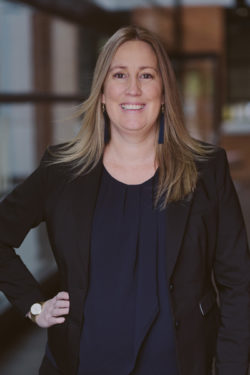
Sarah Rawcliffe

